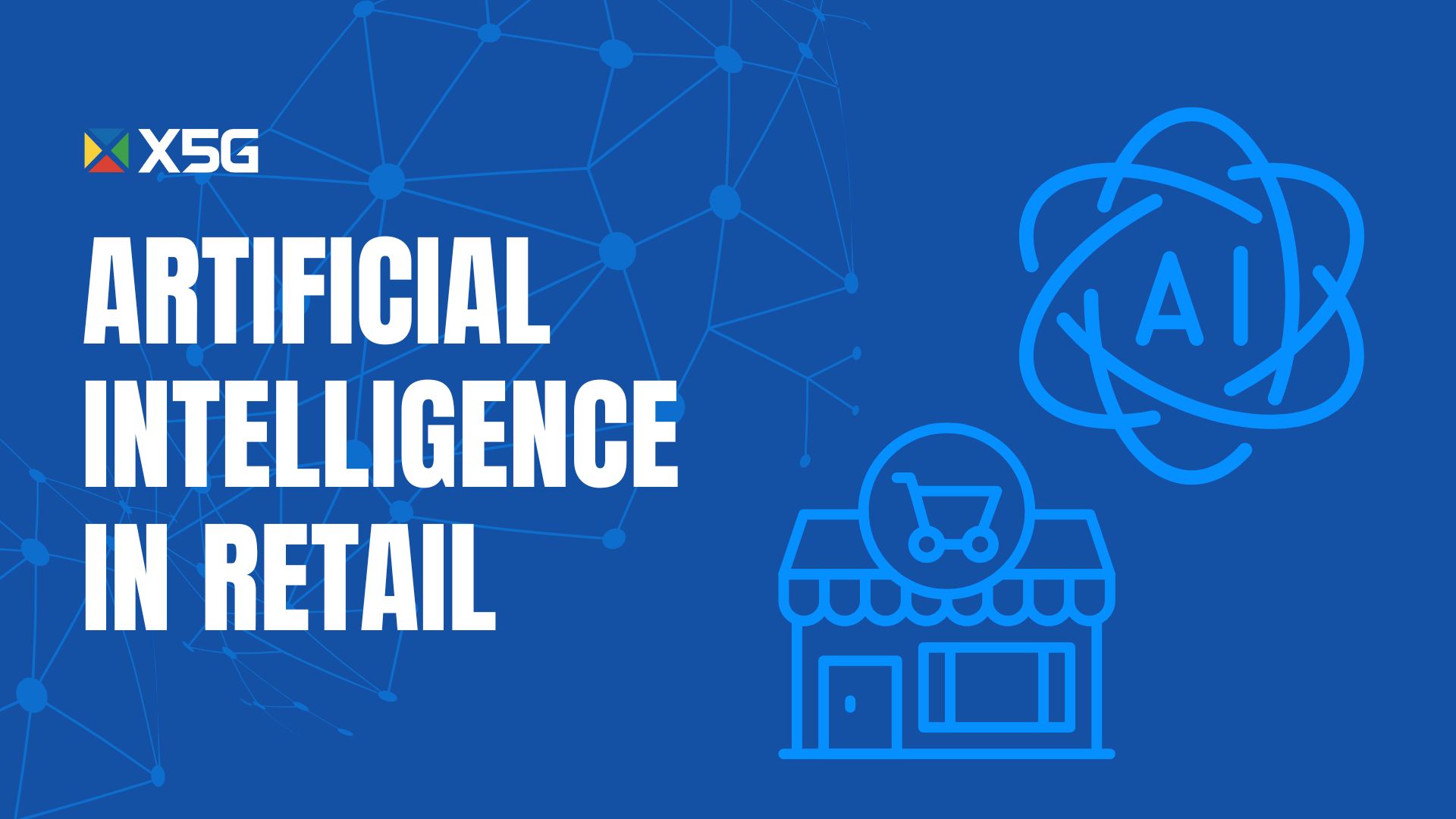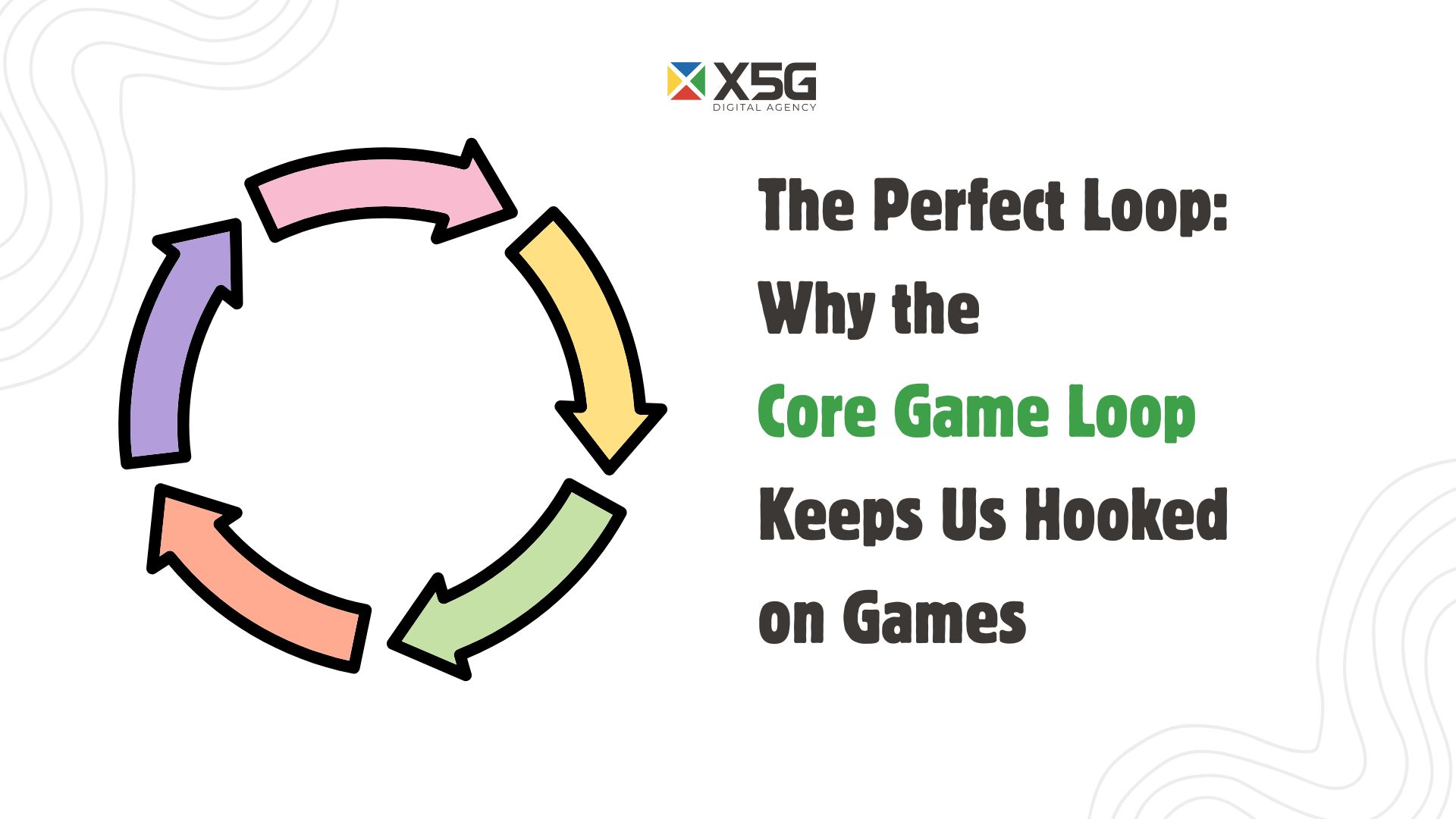Artificial Intelligence in Retail Is No Longer an Experiment
In the retail world, talking about artificial intelligence today means addressing a structural transformation, no longer just a matter of innovation. What once seemed like a collection of promising experiments has now become a strategic assetfor those operating across the entire value chain—from warehouses to points of sale, and all the way to customer relationships.
The adoption of AI-based solutions goes far beyond efficiency gains: it profoundly reshapes the business model. Companies that have successfully integrated these technologies in a systemic way are seeing significant productivity increases and a notable reduction in operational costs.
Sources like Ninja Marketing and The Robin Report highlight that the benefits are measurable not only in terms of immediate performance but especially in predictive capabilities and resilience to market changes.
The key concept emerging here is interconnection. AI is no longer an isolated vertical tool but rather a horizontal platform, enabling real-time integration across business systems. It collects and interprets data from logistics, sales, CRM, and customer behavior to support fast, informed decision-making. This integrated approach enables retailers not just to react, but to anticipate—from inventory management to offer personalization, dynamic pricing, and supply chain planning.
Within this context, intelligent automation plays a pivotal role. Predictive models are trained on both historical and real-time data, optimizing not only product flows but also store layouts and assortment strategies.
AI is increasingly being used to mitigate internal risks and prevent fraud, thanks to continuous monitoring systems that detect operational anomalies and unauthorized access.
Equally important is the potential of AI to enhance the customer relationship, both at the point of purchase and in post-sale service. The use of advanced conversational interfaces—such as chatbots and voice assistants—enables a more fluid and contextual dialogue, offering customers consistent support across all touchpoints. Notably, agentic AI solutions, already deployed by global companies like Salesforce, allow digital assistants not only to respond, but also to act by interfacing directly with company systems to resolve issues or complete transactions.
However, the real challenge for the retail sector is not technological but strategic. Companies aiming to extract value from artificial intelligence must rethink their processes and implement solid governance structures.
Data quality and availability become central, as does the development of organizational models capable of supporting change. Ethical and regulatory standards are increasingly relevant, especially within a European framework pushing toward responsible AI use.
In Italy too, there is a growing wave of activity. With increasing public and private investments, and strong interest in digital innovation, many companies in the retail sector are launching transformation initiatives built on AI adoption.
Our industrial ecosystem has a concrete opportunity to develop tailored solutions that enhance the rich heritage of relationships, products, and expertise defining the Made in Italy brand.
In conclusion, artificial intelligence in retail is no longer just a tech issue, but a strategic business lever. Its impact is seen in results—but stems from the ability to create a more agile, responsive, and customer-centric organization.
Those who are able to lead this shift with a clear vision and the right tools will not only be ready for the future, but will be in a position to shape it.




